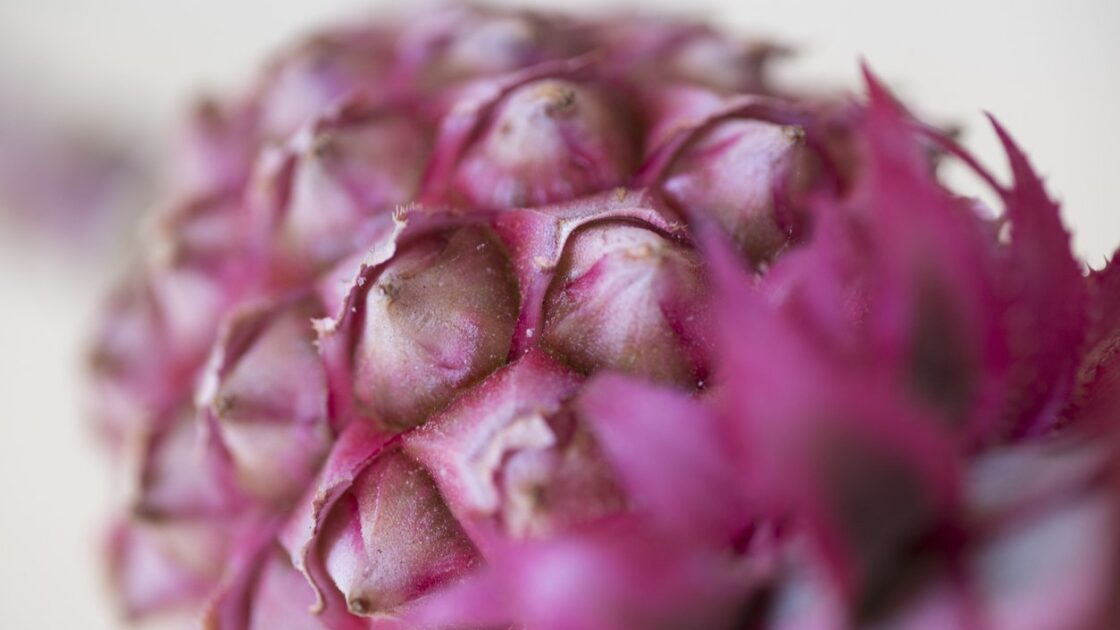Genetically Modified Pink Pineapple Approved for Sale in the U.S.

The genetically modified pink pineapple developed by Del Monte is safe to sell in the United States, the USDA decided Wednesday.
“(Del Monte) submitted information to the agency to demonstrate that the pink flesh pineapple is as safe and nutritious as its conventional counterparts,” the FDA told NBC News.
The pink pineapple has been genetically engineered to make the flesh pinker and sweeter than a traditional yellow pineapple by producing lower levels of enzymes that convert lycopene – the pink pigment present in tomatoes and watermelon – into yellow beta carotene, present in carrots.
“The plant’s flowering cycle has also been changed to provide for more uniform growth and quality,” according to Food Democracy Now.
The increased presence of lycopene in this pineapple has led some news sources, such as the New York Daily News, to speculate that it may also have cancer fighting benefits.
The pineapple, which is grown in Costa Rica, was first developed in 2012 and was approved for importation by the USDA in April 2013. This approval was fast-tracked given the pineapple’s inability to “propagate and persist in the environment once they have been harvested,” according to USDA APHIS. The pink pineapple is allegedly impossible to grow without human intervention.
The pink pineapple joins several other genetically modified fruits and vegetables to receive recent approval for sale in the United States, including apples that do not turn brown when exposed to the air and several varieties of GMO potatoes that resist browning and bruising.
It also joins fast-growing GMO salmon, the first genetically modified animal protein to be approved for sale in the U.S.
The GMO labeling law signed by President Barack Obama in July requires the pink pineapple to be labeled as a genetically modified food when sold, though the manner in which it will be labeled remains to be established by the USDA.
Related on Organic Authority
5 Major Fails of the New GMO Labeling Law (and 5 Ways It’s Not So Bad)
There’s a Major Problem with Non-GMO Foods (and It’s Got Nothing to Do with GMO Labeling)
Prohibition of GMO Crops in Sonoma County Creates Largest GMO-Free Growing Zone in the U.S.

